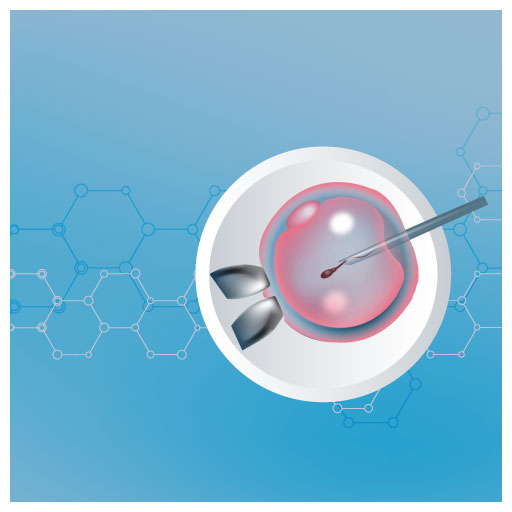Intracytoplasmic Sperm Injection (ICSI) represents a groundbreaking advancement in reproductive technology, particularly designed to address the challenges of male infertility within the context of in vitro fertilization (IVF). During an IVF treatment cycle, ICSI is performed by directly injecting a single sperm into an egg, utilizing highly specialized micro-manipulation equipment. This precise technique is particularly beneficial for cases of severe male infertility, where sperm quality or quantity may hinder natural fertilization processes. By employing ICSI, fertility specialists can enhance the chances of successful fertilization and subsequent embryo development, providing hope for couples who may have previously faced daunting reproductive obstacles.
The process of ICSI involves a series of meticulously executed steps that require the utmost skill and precision from the embryologist. After the eggs are retrieved from the ovaries, each egg is positioned under a microscope, allowing for the careful selection of a motile sperm. Using a sophisticated microinjection apparatus, the embryologist penetrates the egg’s outer membrane and deposits the sperm directly into the cytoplasm. This method not only bypasses the challenges posed by poor sperm motility or abnormal morphology but also optimizes the likelihood of successful fertilization. As a result, ICSI has become a pivotal tool in reproductive medicine, empowering numerous individuals and couples to achieve their dreams of parenthood despite infertility challenges that were once considered insurmountable.

